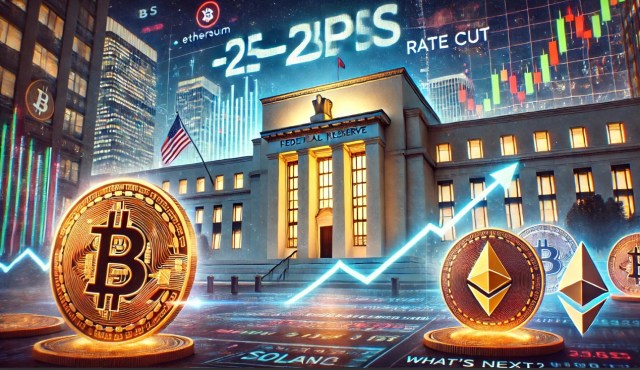After the dust settles, crypto VC needs to become the architect of the "cathedral".
After watching this episode, I was deeply impressed by the discussions among the guests, especially the thought-provoking comparison between "the cathedral and the casino" by IOSG founder Jocy.
I started paying attention to the internet and venture capital in the late 1990s. In my impression, VCs have enjoyed a very high reputation and respect over the past two decades.
However, if you look at the global investment landscape, you'll find that venture capital accounts for only about 1%. Like art and real estate, it's categorized as an "alternative investment."
Why does such a niche investment category enjoy the most respect and prestige?
I see it as a sign that venture capital (VC) is synonymous with "the future." While bankers in the late 1990s were still mocking those "cash-burning" websites, it was KPCB that understood Amazon, Sequoia Capital that understood Cisco and Google, and IDG that understood Tencent. They invested not only capital, but also their reputation, connections, and strategic wisdom.
This respect is something VCs earn for themselves. It contains humanity's primal expectation that "technology drives social progress," a romantic worship of "creation" itself, and an endorsement of the rarest quality: the courage to take the greatest risks to support "impossible" dreams and change the world together.
So why has the respected VC model become universally condemned and extremely weak in the crypto space?
Simply put, too many cryptocurrencies lack the "VC spirit." They no longer offer "smart money," but rather "lazy money." They are no longer "builders," but "plunderers." The model is no longer "mutual growth," but rather exploiting information asymmetry, creating information asymmetry, and acquiring high profits in a short period.
Crypto VCs have thus lost their "niche." They are forced to bear the longest lock-up periods, watching helplessly as exchanges, market makers, and even project teams themselves cash out early under various pretexts. They become the last ones left holding the bag, providing "patient capital" for the casinos.
The rise of memes and "fair launches" in this cycle is essentially a cultural revolt by the community against the original sin of "VC coins." This is the price that crypto VCs are paying for their greed and laziness in the previous cycle.
Is the encrypted VC dead?
Many speculative, lazy, and "scalper-like" VCs have indeed died out. But the crypto VC industry itself hasn't died out; on the contrary, it will be purified as a result.
Just like the dot-com bubble, all the hot money that poured in died, but the "architects" who truly believed in the future of the internet survived—Sequoia Capital didn't die, KPCB didn't die—which led to the later success of Amazon and Google.
History is repeating itself. Casinos cannot build cathedrals on their own. The industry still desperately needs capital, but it needs visionary, patient capital that truly provides "smart money." This isn't the end of crypto VC, but rather a brutal process of natural selection, allowing more crypto VCs to return to their true mission—VC.
Take risks, support innovation, drive global progress, and reap the rewards.
You May Also Like

Franklin Templeton updates XRP ETF filing for imminent launch

Fed Lowers Rates By 25bps: How Bitcoin And Crypto Prices Responded And What’s Next

Canada’s budget promises laws to regulate stablecoins, following US
Canada’s government unveiled a plan to regulate stablecoins, requiring fiat-backed issuers to maintain sufficient reserves and adopt robust risk management measures. Canada is set to introduce legislation regulating fiat-backed stablecoins under its federal budget for 2025, following the footsteps of the US, which passed landmark stablecoin laws in July.Stablecoin issuers will be required to hold sufficient reserves, establish redemption policies and implement various risk management frameworks, including measures to protect personal and financial data, according to the government’s 2025 budget released on Tuesday.The Bank of Canada would allocate $10 million over two years, starting in the 2026-2027 fiscal year, to ensure everything runs smoothly, followed by an estimated $5 million in annual costs that will be offset from stablecoin issuers regulated under the Retail Payment Activities Act.Read more